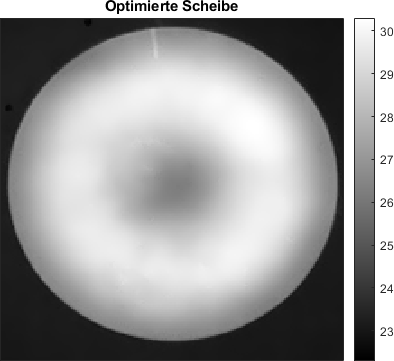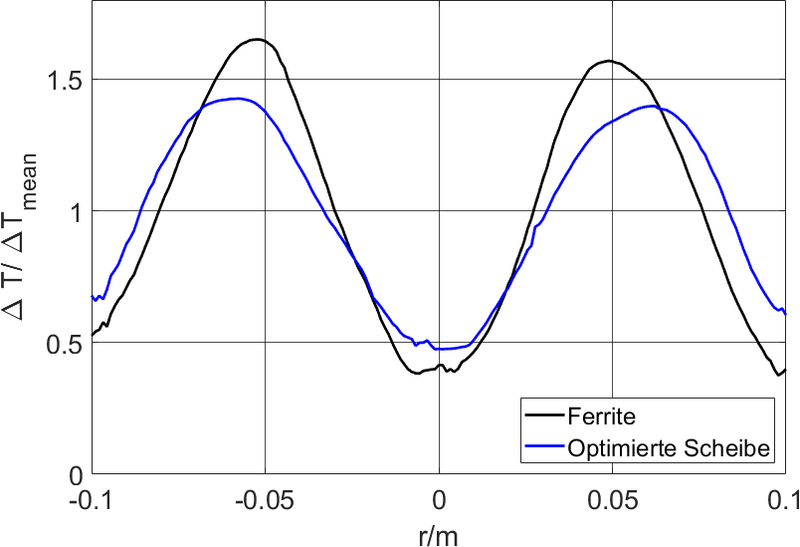Summary
- Profile Type
- Technology offer
- POD Reference
- TODE20240308006
- Term of Validity
- 8 March 2024 - 8 March 2026
- Company's Country
- Germany
- Type of partnership
- Research and development cooperation agreement
- Investment agreement
- Targeted Countries
- All countries
Contact the EEN partner nearest to you for more information.
Find my local partner
General information
- Short Summary
-
The invention by a German university improves the energy flow and energy consumption of induction hobs.
The inventors offer a license agreement as well as a technological cooperation. - Full Description
-
Induction cookers are becoming more and more popular than conventional hobs. The ceramic plate itself does not heat up, and induction hobs require less energy. They reduce electricity costs by 20 to 30 percent. The amount of energy savings depends heavily on the inner construction of the hob and the quality of the magnetic coupling.
An invention by a German university improves temperature distribution by improving magnetic coupling. A specially shaped ferrite disk is installed underneath the coil generating the magnetic field, guiding the magnetic field so that inductive magnetic energy transfer is improved and the temperature distribution becomes more homogeneous. This makes inductive heaters and hobs more efficient and economical.
The university offers commercial licensing to companies in the field of electrical engineering or energy technology. In the event of further technical development, technological cooperation is also conceivable. - Advantages and Innovations
-
Compared to the integrated induction hobs currently on the market, the German university's invention has these advantages:
- Energy saving
- Homogeneous temperature distribution
- Magnetic field focusing
Commercial advantages:
The market for integrated induction hobs was estimated to be $17.59 billion in 2022 and is expected to reach $22.11 billion by 2030, an annual growth of 3.2% from 2023 to 2030. Two key selling points for induction hobs are faster cooking speed and less energy required than for conventional ceramic hobs. The invention of the German university will greatly improve both. - Stage of Development
- Lab tested
- Sustainable Development Goals
- Goal 9: Industry, Innovation and Infrastructure
- IPR status
- IPR applied but not yet granted
- IPR notes
- An application has been filed with the DPMA and for a European patent.
Partner Sought
- Expected Role of a Partner
- The university offers commercial licensing to companies in the field of electrical engineering or energy technology. In the event of further technical development, technological cooperation is also conceivable.
- Type and Size of Partner
- SME <=10
- Other
- SME 50 - 249
- SME 11-49
- Big company
- Type of partnership
- Research and development cooperation agreement
- Investment agreement
Dissemination
- Technology keywords
- 03010 - Household Goods & Appliances
- Market keywords
- 07004004 - Housewares
- Targeted countries
- All countries

